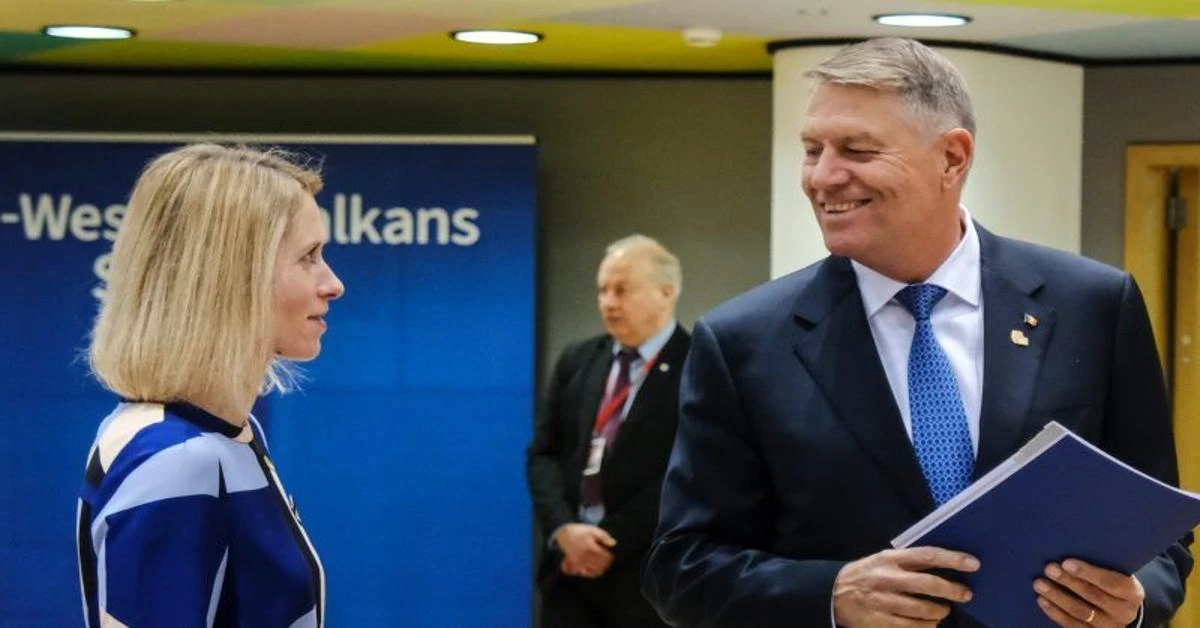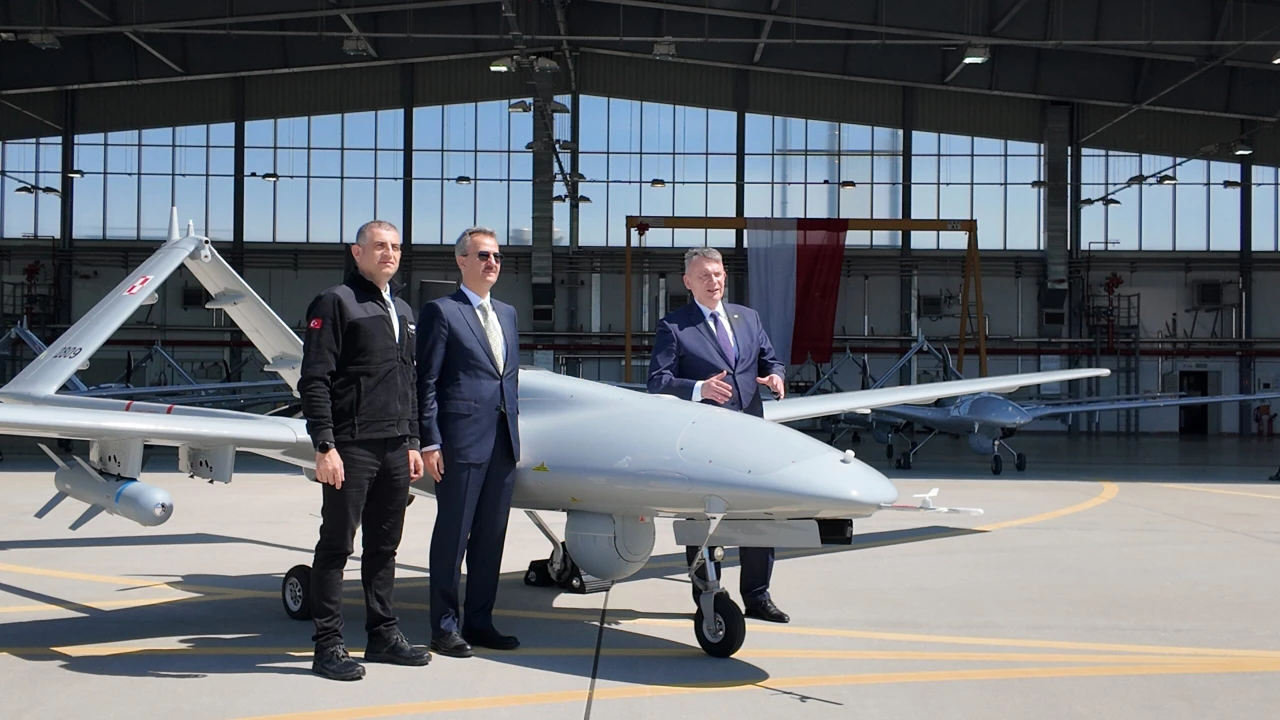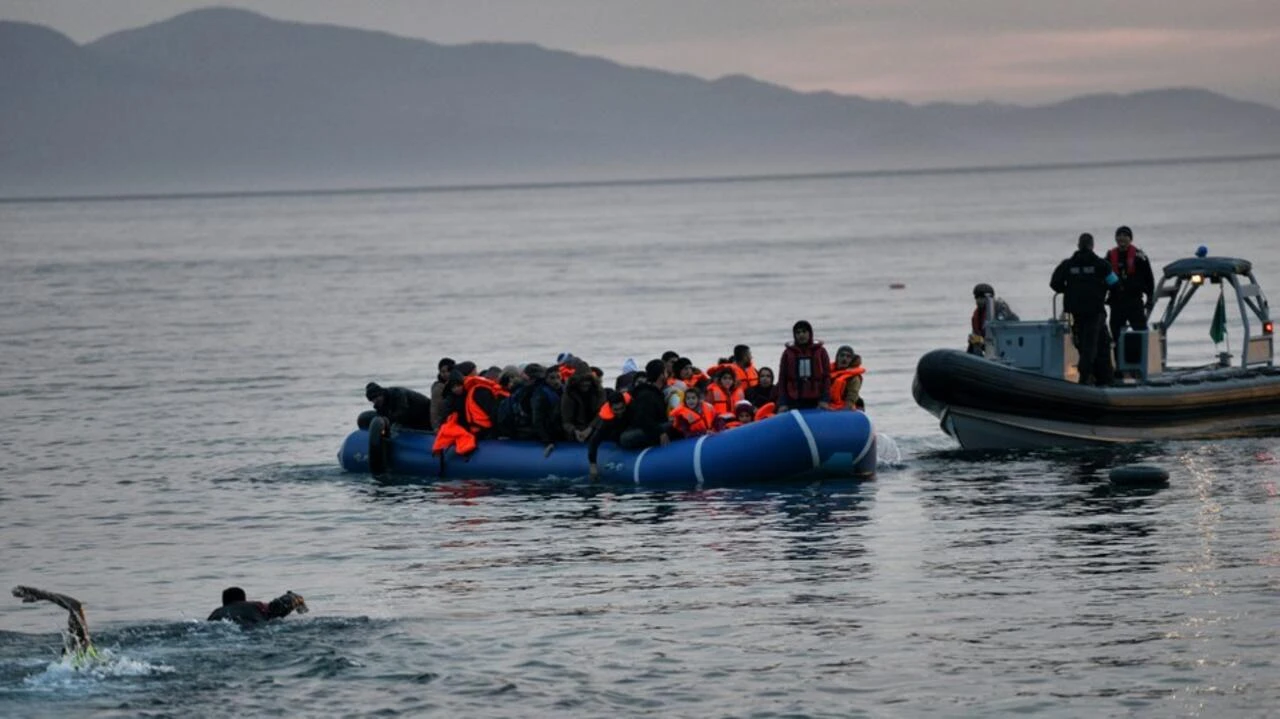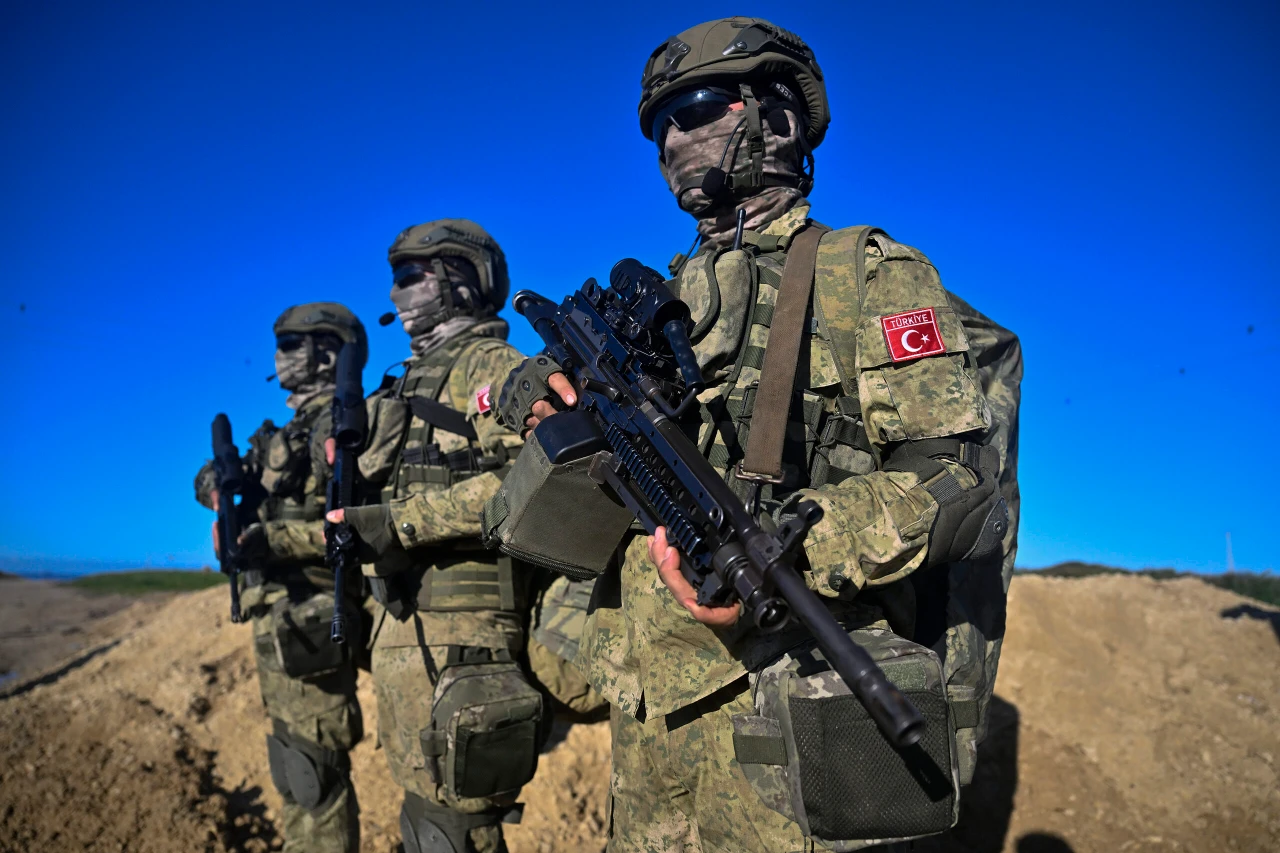Eastern European nations worry about leadership reshuffle in EU, NATO

Eastern European countries express concern over potential exclusion from top EU and NATO roles amid reshuffling, as Dutch PM Rutte’s likely NATO appointment sparks debates on representation and balance
Eastern European nations, two decades after their accession to the European Union and NATO, are concerned about potentially being discriminated against once again as the top leadership positions of both organizations undergo reshuffling later this year.
The probable appointment of Dutch Prime Minister Mark Rutte as the new NATO head this summer has garnered support from the U.S., U.K., France, and Germany.
Rutte’s candidacy questioned
Former Estonian President Toomas Hendrik Ilves questioned, “What moral authority does Rutte hold?” citing the Netherlands’ failure to meet its NATO commitment of spending 2% of gross domestic product on defense during Rutte’s 13-year tenure as prime minister.
Other contenders for the NATO position include Romanian President Klaus Iohannis, whose government informed NATO of his potential candidacy in February, and Estonian Prime Minister Kaja Kallas, who expressed interest last year but has not yet submitted a bid.
Kallas remarked on the potential appointment, “Considering geographical balance, this would be the fourth NATO Secretary-General from the Netherlands. The question arises: are there first-tier and second-tier countries in NATO? Are we equals or not? These questions persist.”
Western European officials hold major positions in EU
Since the majority of Eastern European countries joined the EU and NATO in 2004, some 15 years after the fall of the Iron Curtain, they have held a few of the top leadership roles in both organizations.
Poland stands as the only country from the region to have held one of the bloc’s senior positions. Former Prime Minister Donald Tusk served one term as European Council president, and Jerzy Buzek, another former Polish prime minister, led the European Parliament for approximately half a term.
At present, the highest-ranking Eastern European official in the EU is Valdis Dombrovskis, a Latvian who assumed the powerful trade portfolio after the resignation of his predecessor Phil Hogan, an Irish politician. Mircea Geoana from Romania serves as NATO’s deputy secretary-general.
Apart from the anticipated NATO appointment, scheduled for the leaders’ summit in Washington this summer, the top positions within the EU will be redistributed following the European Parliament election in June.
Source: Newsroom
#haber#



